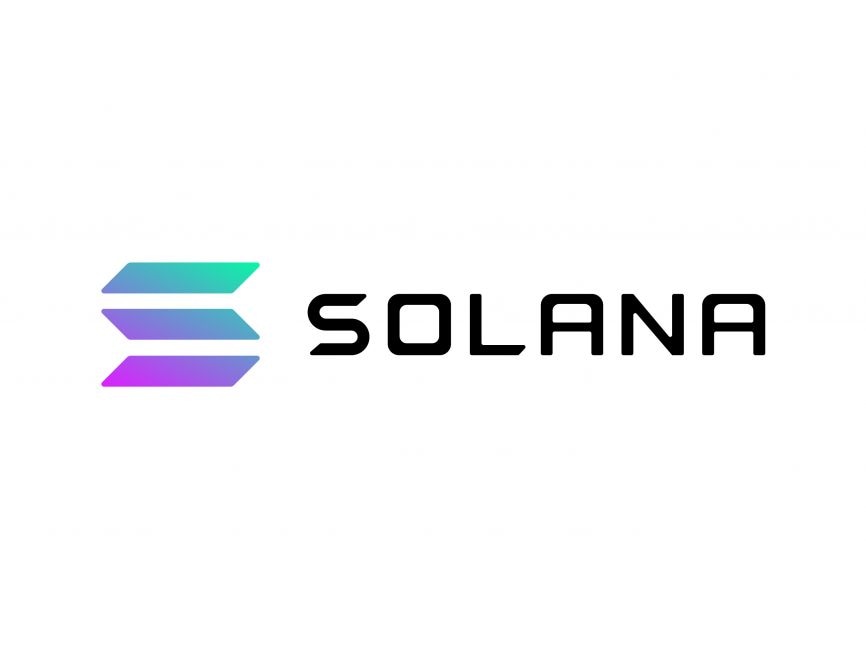
Introduction
Solana is a high-performance blockchain platform designed to support decentralized applications (dApps) and crypto-currencies. It is known for its scalability, low transaction costs, and fast processing speeds, making it a popular choice for developers and users alike. In this article, we’ll explore what makes Solana unique, its key features, and its impact on the blockchain industry.
The Birth of Solana
Founded by Anatoly Yakovenko in 2017, Solana aims to solve the scalability issues that plague many existing blockchains like Bitcoin and Ethereum. Yakovenko, a former Qualcomm engineer, brought his expertise in distributed systems to create a blockchain that could handle thousands of transactions per second without compromising security or decentralization.
Key Features of Solana
- Scalability Solana is designed to scale with the growth of blockchain applications. It achieves this through a unique combination of technologies, including its Proof of History (PoH) consensus mechanism. PoH allows the network to process transactions in parallel, significantly increasing throughput.
- High Throughput Solana can process over 65,000 transactions per second (TPS), far exceeding the capabilities of most other blockchains. This high throughput ensures that the network can handle a large volume of transactions, making it suitable for dApps with millions of users.
- Low Transaction Costs One of the standout features of Solana is its low transaction fees. While other blockchains may charge significant fees during periods of high demand, Solana’s fees remain a fraction of a cent. This makes it an attractive option for developers and users who require cost-effective transactions.
- Decentralization Despite its high performance, Solana maintains a high level of decentralization. The network consists of thousands of independent validators who secure the blockchain. This decentralized structure ensures that no single entity can control the network.
Technological Innovations
- Proof of History (PoH) PoH is a novel consensus mechanism that timestamps transactions before they are added to the blockchain. This creates a historical record that proves the order and time of events, allowing for efficient and fast transaction processing.
- Sealevel Solana’s Sealevel is a parallel smart contract runtime that allows multiple smart contracts to run concurrently. This increases the efficiency and speed of executing transactions and smart contracts on the network.
- Tower BFT Tower Byzantine Fault Tolerance (BFT) is Solana’s consensus algorithm that ensures the network can reach agreement on the state of the blockchain, even in the presence of malicious actors. This enhances the security and reliability of the network.
Use Cases and Ecosystem
Solana’s robust infrastructure supports a wide range of applications, from decentralized finance (DeFi) platforms and non-fungible tokens (NFTs) to gaming and Web3.0 applications. Some notable projects built on Solana include:
- Serum: A decentralized exchange (DEX) that leverages Solana’s speed and low fees to provide a seamless trading experience.
- Raydium: An automated market maker (AMM) and liquidity provider built on Solana.
- Solanart: An NFT marketplace that enables users to buy, sell, and trade digital collectibles on the Solana blockchain.
Conclusion
Solana represents a significant advancement in blockchain technology, offering a scalable, fast, and cost-effective solution for developers and users. Its unique features and innovations position it as a leading platform for decentralized applications and the future of the decentralized internet. Whether you’re a developer looking to build on a robust blockchain or a user seeking efficient and affordable transactions, Solana provides a compelling option that meets the demands of modern blockchain applications.
Call to Action
Join the Solana community today and explore the endless possibilities of this high-performance blockchain. Stay updated with the latest developments, participate in our events, and contribute to the future of decentralized technology.
